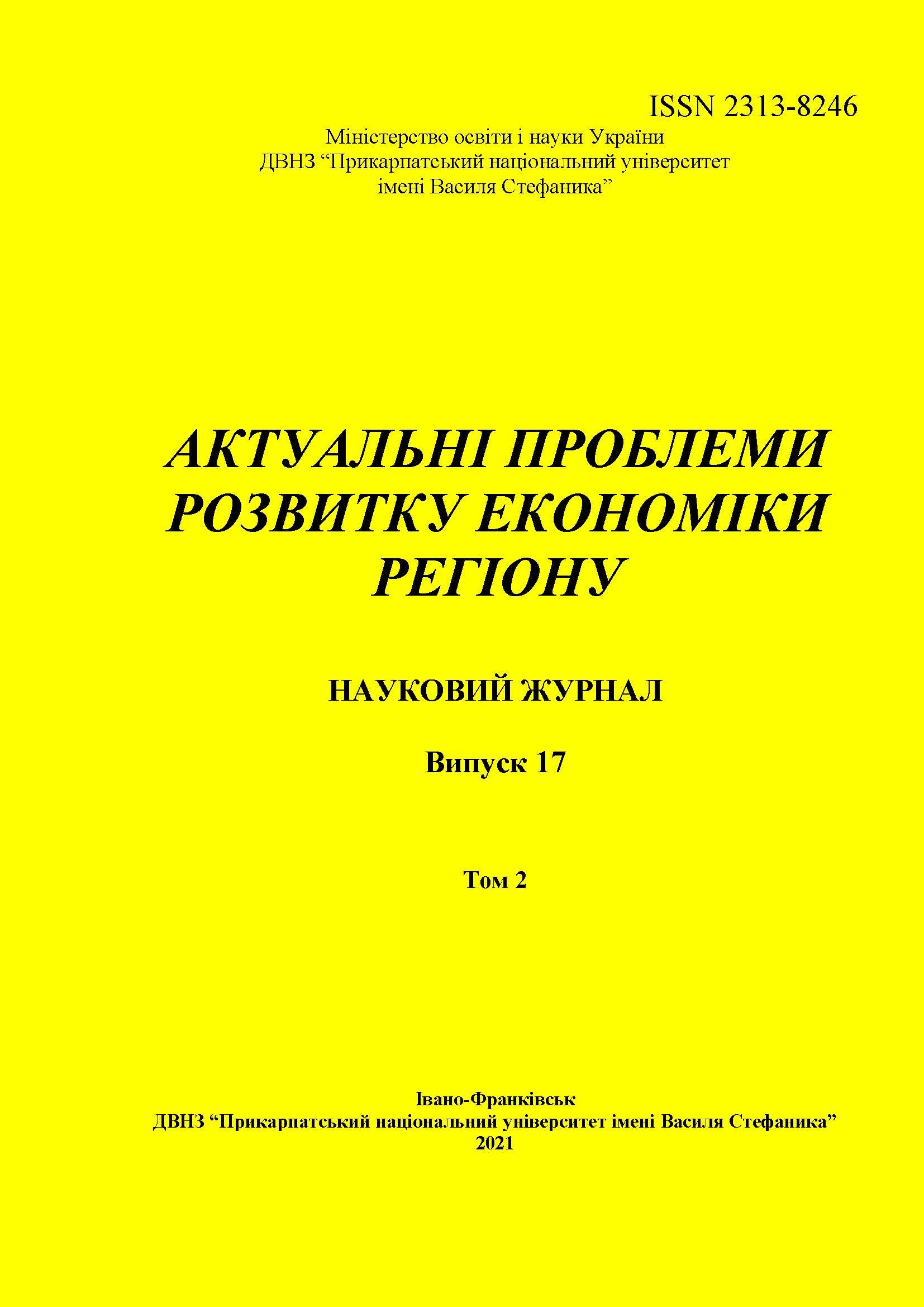MANAGEMENT OF INTELLECTUAL PRODUCTS IN THE CONDITIONS OF CHANGE
DOI:
https://doi.org/10.15330/apred.2.17.296-303Keywords:
management, intelligent products, Industry 4.0, changes, patent strategies,Abstract
The article is devoted to finding ways to effectively manage intelligent products from the stage of invention, registration and entry into the market. Analysis and synthesis methods, system analysis, logical and abstractmethods were used to achieve the set goals.The authors of the article propose to define the essence of the concept of "intellectual product", which should be understood as newly created spiritual and material values that are the result of intellectual activity of an individual or group as a result of work. The article covers the most common types of intellectual property rights, which include patents, trademarks, copyright, registered trademarks, chain layout rights, breeders' rights. It has been proven that knowledge and understanding of the rules of effective use of intelligent products allows businesses to better understand the tools to manage them, and get the benefits or benefits that they can bring to business, because it is additional income. It is reasonable for company managers to understand the value of various means of protection and benefit from intellectual products, as it directly depends on the company's strategy, competitive environment and rapidly changing contours of intellectual property rights, and regardless of ownership must have a strategy for intellectual property portfolio. The influence of the external environment on the development of the business entity is considered, because new rules appear, and they have a strong influence on the development of internal intellectual products, and strongly depend on the internal potential of the business entity. In particular, the article analyzes that the development of processes provokes the rapid development of Industry 4.0 (Industry 4.0), which is a complete automation of production, where all processes are managed in real time, and taking into account the factors of the changing environment. It is proposed to use patent strategies or «protection strategies» to better protect patented technologies that give products and services an advantage over competitors' products and services. Patents or so-called «protection strategies» should serve as protection for businesses to create products that will lead in the categories, and strengthen efforts to brand these products.
Intelligent product management plays an important role in the management of economic entities, as the process of entering the technological life cycles of products due to the changing turbulent environment begins. The article is relevant in both scientific and applied aspects.
References
2. World. Central Intelligence Agency, www.cia.gov/library/publications/resources/theworld-factbook/geos/xx.html Accessed 15 Oct.2021.
3. Wikipedia, uk.wikipedia.org/wiki/%D0%9F%D1%80%D0%BE% D0%B4%D1%83%D0%BA%D1%82_(%D0%B5%D0%BA%D0%BE%D0%BD%D0%BE%D0%BC%D1%96%D0%BA%D0%B0) Accessed 15 Oct.2021.
4. Novikov, V.S. “Innovations in tourism.” Infotour, infotour.in.ua/novikov62.htm. Accessed 15 Oct.2021.
5. “Поняття інтелектуального продукту і власності.” Jak.waykun.com, jak.waykun.com/articles/ponjattja-intelektualnogo-produktu-i-vlasnosti.html Accessed 15 Oct.2021.
6. Petrenko, V.P. Management of the use of intellectual resources of socio-economic systems. Abstract of the dissertation for the degree of Doctor of Economics. IRD NASU, Lviv. 2009.
7. Semykina, M.V., and O.M. Petina. Intellectual business. Kirovograd: KNTU, 2015.
8. “Types of intellectual property rights.” Business.gov.au, business.gov.au/planning/protect-your-brand-idea-or-creation/intellectual-property Accessed 15 Oct.2021.
9. Intellectual Property and the US Economy, www.uspto.gov/learning-and-resources/ip-motion/intellectual-property-and-us-economy. Accessed 15 Oct.2021.
10. Chomakhashvili, O.S. “Features of the use of intellectual property in enterprises.” Justinian Law Journal, no. 2 (44), 2006, pp. 45–47.
11. Tsybuliov, P.M. Intellectual property management. Kyiv.: Gos. int intellectual. vlasn., 2009.
12. Center for Innovation, Development and Technology Transfer of the Poznań Polytechnic, www.ciritt.put.poznan.pl/posts. Accessed 15 Oct.2021.
13. State Enterprise “Ukrainian Institute of Intellectual Property” (Ukrpatent), ukrpatent.org/uk/articles/vsjogo. Accessed 15 Oct.2021.
14. Verbovska, L.S., Vasylyshyna, N.Ye., and M.V. Berlous. “Intellectual property as an object of management at the enterprises of the region.” The actual problems of regional economy development, vol.1, is. 10, 2014, pp. 136-141.
15. Gritsulenko, S.I., Potapova-Sinko, N.Yu., and K.M. Garbera. Intellectual property in the field of communications. Odessa: ONAZ them. O.S. Popova, 2011.
Downloads
Published
Issue
Section
License
- Authors retain copyright and grant the journal right of first publication with the work simultaneously licensed under a Creative Commons Attribution NonCommercial NoDerivs 4.0 Unported License that allows others to share the work with an acknowledgement of the work's authorship and initial publication in this journal.
- Authors are able to enter into separate, additional contractual arrangements for the non-exclusive distribution of the journal's published version of the work (e.g., post it to an institutional repository or publish it in a book), with an acknowledgement of its initial publication in this journal.
- Authors are permitted and encouraged to post their work online (e.g., in institutional repositories or on their website) prior to and during the submission process, as it can lead to productive exchanges, as well as earlier and greater citation of published work (See The Effect of Open Access)


